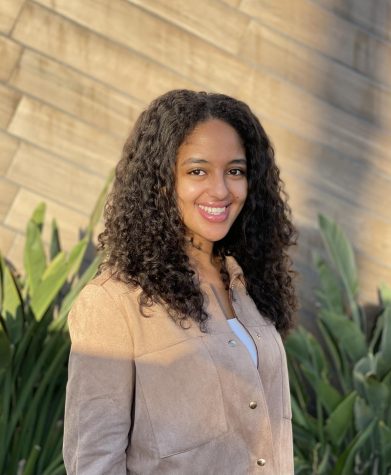“The extremism we’re facing right now will eventually fade and resurface when a perceived threat reappears, but decisions such as overturning Roe v. Wade are not cyclical, instead, they will be life-changing for those impacted…”
I’m pro-choice because I believe a woman should have autonomy over her body — you are welcome to disagree. I would prefer this issue not be up for debate, but I know individuals have a right to his or her opinion like I do.
With this truth in mind, one can imagine my sadness when I was notified that Ruth Bader Ginsburg, Associate Justice of the Supreme Court, passed away. I mourned not only because I’m an admirer of her work towards gender equality but also because the reality of her death meant there was suddenly an opening on the Supreme Court.
I knew the president at the time, Donald Trump, would inevitably appoint a conservative justice before the 2020 election — a natural cycle in which one party would be in power and the other would crave it until an election reversed the power dynamics.
The Supreme Court was originally designed to exist outside of this two-party paradigm because, as an integral part of the judicial branch, it should have no political sway. This makes my position on abortion a minority position where it matters: in the Supreme Court.
Political extremism has resurged in the United States as evidenced by the waves of the backlash former President Trump’s 2016 election received such as the Women’s March and his defeat in 2020.
Democrats and Republicans, especially Republicans who voted for Trump’s election and re-election, probably disagree as much as two parties ever have in U.S. history. This type of extremism is cyclical and will subside when both sides of the spectrum gain time and healing. Unfortunately, as a result of this cyclical divide, the death of one 87-year-old woman called into question the rights of 167 million Americans due to the Supreme Court’s failure to ever uphold one of its most central tenets: neutrality in the midst of a struggling democracy. The Supreme Court should never fall prey to political cycles because it is designed to exist outside of politics and to serve “the people” by upholding the Constitution.
The current Roe v. Wade situation, however, is an exception to this cyclical theory. The extremism we’re facing right now will eventually fade and resurface when a perceived threat reappears, but decisions such as overturning Roe v. Wade are not cyclical, instead, they will be life-changing for those impacted, and they will be the result of a political moment in history rather than a reflection of the Supreme Court fulfilling its duty as the judicial branch of government.
What historians will consider a comparatively short but memorable period in U.S. history could influence the next 50 years of women’s rights.
Although I oppose the belief systems of Justices Amy Coney Barrett and Brett Kavanaugh, I expect them (along with the other justices) to act on their constitutional knowledge and legal experience rather than allowing personal values to influence decisions because the highest court in the U.S. shouldn’t play into political trends when their decisions can affect women’s safety and futures.
Alyssa Phillips is a second year graduate student studying creative writing. Follow her on Twitter @alyjoye.








